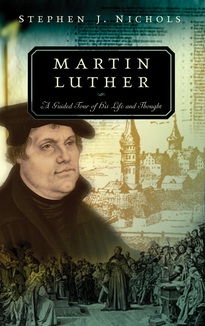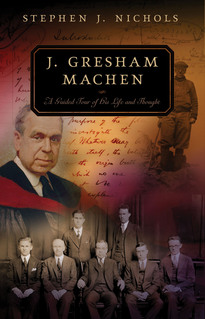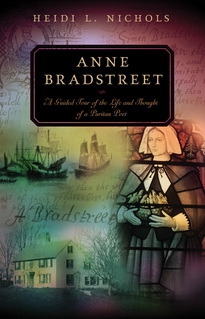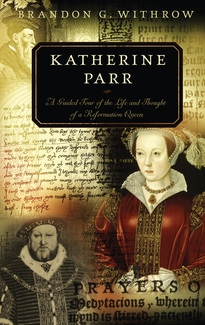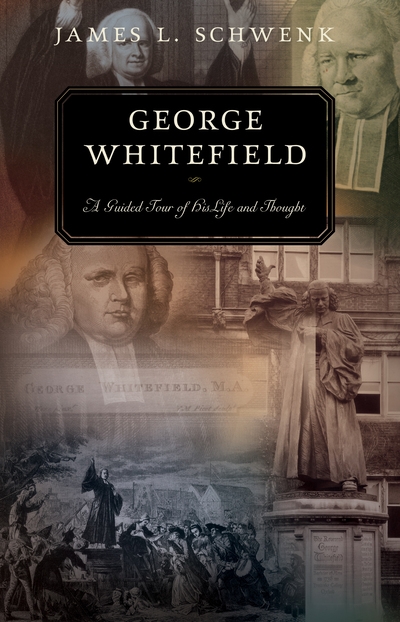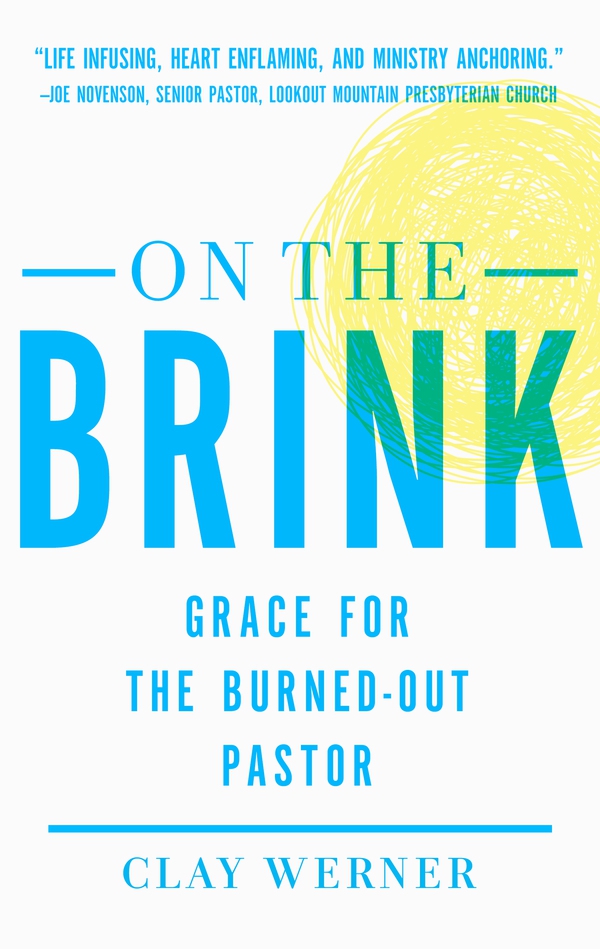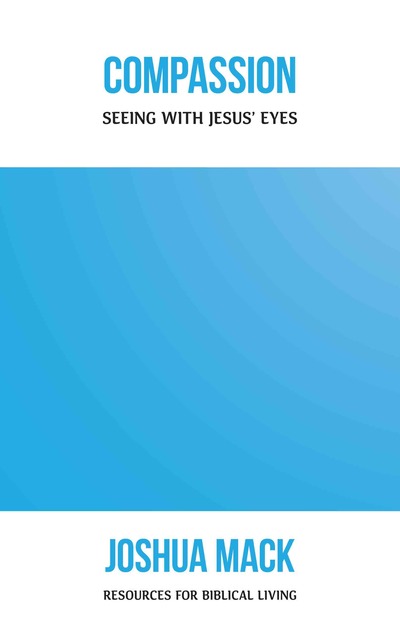By John M. Frame
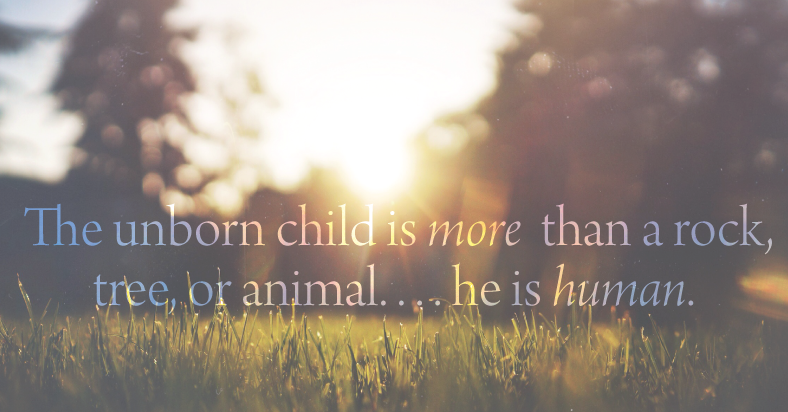
I would like to suggest that the problem of abortion is neither perfectly easy nor impossibly complex. It won’t be solved by reference to a Bible verse or two; some careful thinking is required.
Yet it is not the sort of problem about which a “layman” should throw up his hands in despair, leaving its resolution to the theological elite.
There are some things that all of us as Christians can say about abortion, and say with confidence. There is also room for technical, detailed study. The Scripture does speak plainly enough on some aspects of the problem so that we need not sit idly waiting for the results of the technical studies to come in.
Let us look briefly at some fairly non-technical aspects of the problem:
1. Try the spirits of today!
The Apostle John calls all Christians to “test the spirits, whether they are of God” (1 John 4:1).
What are the spirits behind today’s drive to liberalize abortion laws? They are, of course, many and varied. Some claim to support this liberalization out of a spirit of love and concern for the economic, psychological and physical well-being of women and their families. Such a claim is hard to evaluate. It could be genuine love, misguided love, or disguised hatred for God’s ordinances. The evaluation we make of this “spirit” will depend somewhat on how the whole problem is resolved in the light of Scripture.
Yet there is another “spirit” abroad in the land, one about which there can be no mistake. This is the spirit that says “an unborn child is purely and simply the property of its mother, for her to do with as she pleases.” Any Christian can recognize this spirit. It is the spirit of autonomy, of rebellion against God, of selfishness, of sin. No matter what view we take concerning the precise status of the unborn child, we must affirm as Christians that he is not merely the property of his mother. He is a creature of God. Even if he were no more than a rock or tree or animal, he would still belong to God first, and to man only as to a steward under God. The wanton, senseless destruction of any creature of God is wrong.
2. The unborn child is human
But the unborn child is more than a rock, tree or animal. In a perfectly ordinary sense requiring no elaborate argument, he is human. There are some who would argue that he is only a part of his mother’s body, and not an independent life. But even if he is “only” a part of his mother’s body, he is human — no less human than her arms and legs. Since he is human, he is in the image of God; for the “image of God” in the Bible includes every aspect of man, soul, body, and all parts. The Scripture tells us that we do not have power over our own bodies to do with as we please (cf. 1 Corinthians 6:12-7:4, a passage dealing specifically with the sexual function). Because we are made in the image of God, the shedding of human blood (except, of course, in situations where such bloodshed is authorized elsewhere in Scripture) is wrong (Genesis 9:6). In view of these considerations, the abortion of an unborn child may never be undertaken casually, and may never be considered except for the weightiest reasons.
3. What “right” has the unborn child?
But now, what about the “big question”? Is the unborn child not only human, but a human being with a full right to life? That is the difficult question with which professional exegetes are wrestling. As of now, I’m inclined to think they won’t come up with any fully persuasive answer. But even if we can’t answer the question, all of us can and must take some attitude toward it. We must make practical decisions, and practical decisions require assumptions. Do we assume that the unborn child is a human being, or do we assume the opposite? One assumption or the other must govern our behavior. Now I believe that although it is difficult to answer our “big question” from Scripture, it is not difficult to show from Scripture what our presumption must be. Consider the following:
a) There is no scriptural proof that the unborn child is anything less than a human being from the moment of conception. Exodus 21:22-25 is the only passage even alleged by anyone to furnish such proof, but it does not solve the problem on any respectable interpretation.1
b) The Scriptures do clearly teach that the unborn child has an independent importance as a potential human being, and therefore is something more than merely a part of his mother’s body. God has an intimate personal concern for such potential life (cf. Psalm 139:13-16; Jeremiah 1:5; Psalm 51:5). These passages do not prove that the fetus is an actual human being, but they do put him on a very special plane.
c) There is no principle of Scripture, science or philosophy that allows us to pinpoint a time between conception and birth at which a human being emerges from something less.
d) From the moment of conception, the unborn child possesses a full complement of chromosomes, thus making him independent of his mother in the crucial genetic sense.
Let us now summarize: There is no way of demonstrating that the unborn child is anything less than a human being (a), at any time between conception and birth (c), nor can such a thesis be shown as probable. There is scientific (d) and biblical (b) evidence that the unborn child has independent significance not reducible to that of a mere part of his mother’s body, but is continuous with the personal uniqueness of his post-birth existence. The scientific evidence even suggests that the child is an independent life from the point of conception. All the probabilities, therefore, are on the side of the view that the unborn child is a human being and has a full right to life.
Will any Christian, in view of these considerations, dare to take the life of an unborn child on the ground that “it is not really a person” ? To take such a step would be to risk breaking the Sixth Commandment — and since this particular risk has nothing to be said in its favor, such a risk would amount to sheer disobedience. What Christian could take such a step to the glory of God ? What Christian could make such a decision “in faith”? Let us not forget that “whatsoever is not of faith is sin” (Romans 14:23). We must acknowledge a biblically based presumption in favor of the view that the unborn child is a human being from the moment of conception, and that therefore he has the same essential right to life as any other human being.
4. Is all abortion murder?
Does this mean that the killing of an unborn child is murder under any and all circumstances? No. The Sixth Commandment, taken in the whole context of Scripture, does not rule out all killing of human beings. Most of us would agree that Scripture allows for the prosecution of a just war by the civil government. If in such a war some unborn children were destroyed, that would bring great grief; but like other wartime killing of civilians it could not necessarily be regarded as murder.
But are there any special circumstances in peacetime when the intentional, specific killing of an unborn child might be justified? The only circumstance I can think of, where such action might be recommended on Christian grounds, would be where a fetus had to be killed in order to save the physical life of the mother. The Sixth Commandment requires not only abstinence from killing, but also diligent efforts to preserve life. Thus, it is argued, we must choose between two obligations — preserve the mother’s life, or avoid killing the fetus. Since the mother is more crucial to the family, church and community units than the unborn child, her life should have precedence over that of the child.
So the argument is made; but it has one serious weakness. We are undoubtedly obliged to take all lawful steps to preserve life. But do such “lawful steps” include the taking of another life? Is there any other situation in which we would deliberately kill one person in order to save another and justify the killing on the basis of the latter person’s importance to society? The only analogous case I can think of is where a man kills an assailant in order to save the life of his wife when there is no alternative way to save her. The age of the attacker would probably make no difference; what would motivate the husband is simply his obligation to defend his wife and his love for her. If the husband in such a case is justified (and I’m inclined to think that he would be), then I think he would also be justified in having an abortion performed to save the life of his wife.
But there is too much “probably” and “I think” in this reasoning. We must conclude, therefore, that this question requires further study.
5. A warning not to sin
Let us not forget that even complete assurance as to the precise status of the unborn child will not guarantee that our decisions will be sinless. The Bible demands more than external conformity to the requirements of the law; it demands purity of heart, faith and love. Without the love of Christ in our hearts, even a formally correct decision may be sinful in God’s sight. Even the legitimate attempt to ascertain our precise responsibility in the matters under discussion can, by a subtle psychological and ethical process, turn into an attempt to find loopholes in God’s requirements and to justify ourselves. Let us not forget that the problems we have in this area are, at bottom, the consequences of sin. The battle for better understanding and right decisions is a spiritual battle that must begin in our own sinful hearts.
These five conclusions may be affirmed by all Christians on the basis of Scripture. When we come to think about it, these rather non-technical points say a great deal about abortion. There is no need for us to back off from the national debate. Let us make our voices heard, to the glory of God.
By John M. Frame

